The Role of Medical Evidence in SSDI Applications
Medical evidence is crucial in the application for Social Security Disability benefits. A complete medical history could help build up a strong claim, thereby providing the Social Security Administration with what it needs to make decisions in your case. This article discusses how medical evidence can affect SSD claims and offers practical guidance for applicants looking to build more substantial cases.
Why Medical Evidence is Crucial in SSDI Applications
Medical evidence for disability is the foundation of a successful SSDI claim. The Social Security Administration (SSA) relies on detailed records to assess the severity and impact of a disability. Without strong documentation, proving eligibility for benefits becomes difficult.
Qualifying for SSDI
To receive SSDI medical evidence requirements benefits, you must provide proof that your disability severely limits your capacity to work. The Social Security Administration (SSA) places significant emphasis on medical records when evaluating the extent of your impairment. Without substantial and credible documentation, meeting the SSA’s disability standards can be challenging.
Establishing Long-Term Disability
For SSA approval, a disability must be expected to last at least a year or be life-threatening. Medical evidence is key to demonstrating the long-term nature of your condition, showing how it impacts your everyday activities and ability to maintain employment.
Read more: Importance of Medical Evidence in SSDI and SSI Claims
How Medical Records Influence the Social Security Disability Decision
Medical records are the most essential source the SSA uses to determine whether or not you are eligible for SSD benefits. They objectively prove your medical condition and how it affects your ability to work.
Key Ways Medical Records Are Used:
Determining Severity:
Assessing whether your condition meets the SSA's listing of impairments.
Prove Duration:
Showing your condition has lasted or is expected to last for at least 12 months.
Functional Assessments:
These assess your residual functional capacity or RFC.
Social Security attorneys for disability can help make your medical records adequate to the SSA's requirements.
How to Ensure Comprehensive Documentation for an SSDI Application
Accurate and thorough medical documentation is crucial for a successful SSDI application. Consistent medical care, detailed records, and clear reports from your healthcare providers help demonstrate the severity and impact of your condition, improving your chances of approval.
Maintain Regular Medical Treatment
Consistent doctor visits and adherence to prescribed treatments help establish a clear record of your condition. A well-documented medical history strengthens your SSDI claim by demonstrating the ongoing impact of your disability.
Keep Accurate and Detailed Records
Request copies of your medical records and review them for completeness. Ensure that your symptoms, treatments, and limitations are documented to understand your condition.
Communicate with Your Healthcare Providers
Discuss your SSDI application with your doctors and request detailed reports on how your condition affects your daily activities and ability to work. Their thorough documentation and support can significantly improve your chances of approval.
Conclusion
Medical evidence is central to any Social Security Disability (SSD) claim. Accurate records containing detailed documentation from healthcare providers and statements supporting your case can make all the difference when filing your SSD claim. While applying can be complicated, having help from experienced Social Security attorneys could make all the difference to its outcome.
If you are completing the Social Security Disability application process, it is essential to consult a skilled SSDI attorney. Their assistance in compiling complete and persuasive medical evidence can increase your chances of receiving benefits more readily.
Reference Links:
https://www.ssa.gov/disability/professionals/role.htm
https://www.plblaw.com/understanding-the-role-of-medical-evidence-in-ssdi-applications
https://www.cdss.ca.gov/ssdi-ssi











